When it comes to choosing a roofing material for your home or business, longevity is a key factor to consider. Many people wonder, “Do metal roofs last longer than other roofing options?” In this article, we’ll explore the durability of metal roofs, compare them to other popular roofing materials, and provide you with the information you need to make an informed decision.
The Durability of Metal Roofs
Metal roofs are known for their exceptional durability and long lifespan. Made from strong, weather-resistant materials like steel, aluminum, and copper, metal roofs are designed to withstand the elements and provide lasting protection for your property. Metal roofing panels are available in a variety of styles, from corrugated metal panels to standing seam metal roofs, offering both durability and aesthetic appeal. So, do metal roofs last longer than other roofing types? Let’s take a closer look.
Longevity of Metal Roofing Materials
Steel roofing
Steel roofs are incredibly durable and can last 40 to 70 years with proper maintenance.
Aluminum roofing
Lightweight and corrosion-resistant, aluminum roofs can last 50 years or more.
Copper roofing
Known for its beauty and longevity, copper roofs can last up to 100 years or more.
Zinc roofing
Zinc roofs offer excellent durability and can last between 60 and 100 years.
Protective Coatings and Finishes
To further enhance the longevity of metal roofs, manufacturers apply protective coatings and finishes. These treatments help to:
– Prevent rust and corrosion
– Reflect sunlight and reduce heat absorption
– Resist fading and maintain color vibrancy
– Protect against scratches and dents
By choosing a metal roof with a high-quality coating or finish, you can maximize its lifespan and enjoy long-lasting performance.
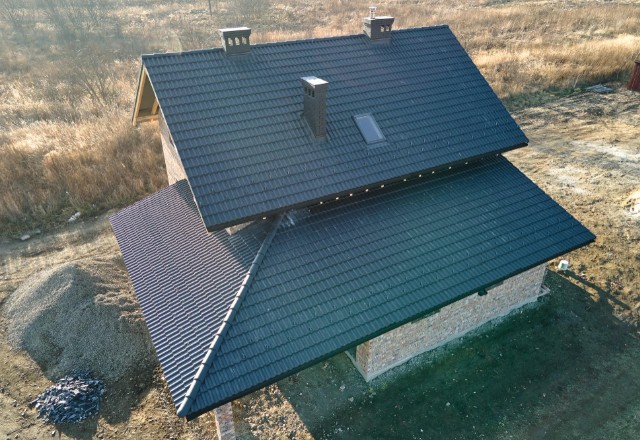
Comparing Metal Roofs to Other Roofing Materials
To answer the question, “Do metal roofs last longer than other roofing options?” let’s compare the life expectancy of metal roofs to some popular alternatives:
| Roofing Material | Average Lifespan |
|---|---|
| Asphalt Shingles | 15-30 years |
| Wood Shakes | 20-40 years |
| Clay/Concrete Tiles | 50-100 years |
| Metal Roofs | 40-70+ years |
As you can see, metal roofs have one of the longest lifespans among common roofing materials. While clay and concrete tiles can also last a long time, they are often more expensive and heavier, which can require additional structural support.
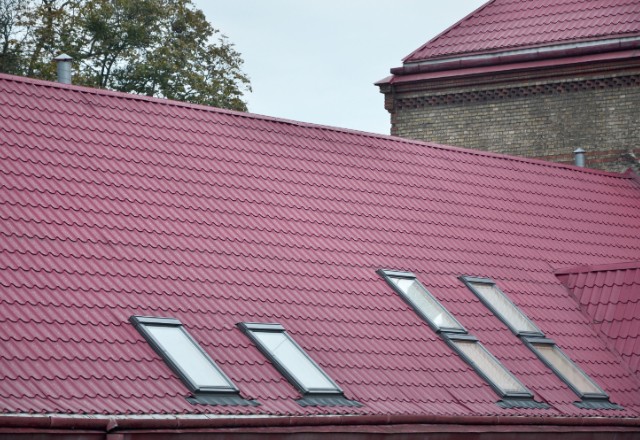
Factors Affecting Metal Roof Longevity
While metal roofs are generally long-lasting, several factors can influence their lifespan:
- Quality of the metal: Higher-grade metals like galvanized steel or copper tend to last longer than lower-grade options. Thinner metals or softer metals may be more prone to damage and have a shorter lifespan.
- Installation quality: Proper installation is crucial for maximizing the lifespan of your metal roof. Hire experienced roofing professionals to ensure the job is done right, as the quality of installation can significantly impact the roof’s performance and longevity.
- Climate conditions: Extreme weather conditions, such as heavy snow, heavy rains, high-speed winds, or hurricane-force winds, can impact the longevity of metal roofs. Choose a metal roofing type and coating suitable for your local climate to ensure optimal performance and wind resistance.
- Maintenance: Regular maintenance, such as cleaning and inspecting your metal roof, can help extend its lifespan and prevent minor issues from turning into major problems. A well-maintained metal roof is more likely to reach or exceed its expected life expectancy.
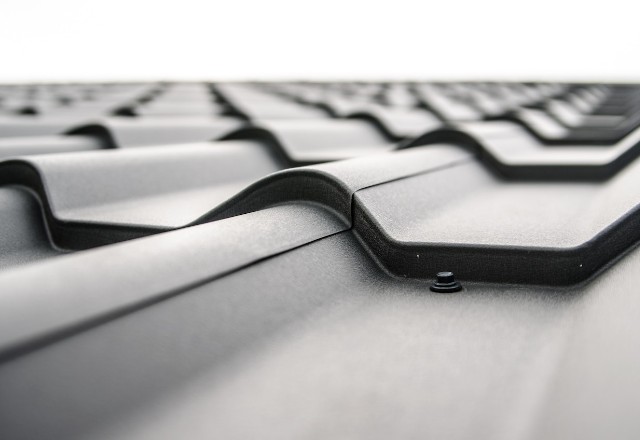
Benefits of Metal Roofs Beyond Longevity
In addition to their impressive lifespan, metal roofs offer several other benefits:
Energy efficiency
Metal roofs are energy efficient, as they reflect sunlight, which can help keep your home cooler in the summer and reduce energy costs, leading to significant energy savings over time.
Eco-friendliness
Most metal roofs are made from recycled materials and can be recycled again at the end of their lifespan, making them an environmentally friendly choice.
Lightweight design
Metal roofs are lighter than many other roofing materials, which can reduce the strain on your home’s structure.
Aesthetics
With a wide range of colors and styles available, metal roofs can enhance the curb appeal of your property and complement various architectural designs.
Addressing Common Concerns
Some homeowners may have concerns about metal roofs, such as noise during rain or hail. However, modern metal roofs are designed with sound-dampening features that minimize noise, making the sound of rain on a metal roof less noticeable than some might expect. Additionally, while the upfront cost per square foot of a metal roof may be higher than some other options, its long lifespan, energy efficiency, and minimal maintenance requirements can provide significant long-term value, making it a wise investment.
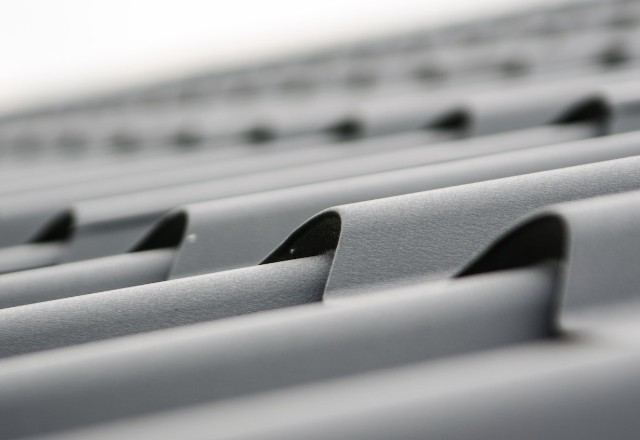
Maintenance Tips for Metal Roofs
To maximize the longevity of your metal roof and prevent potential issues, follow these maintenance tips:
- Inspect your roof regularly for signs of weather damage, moisture damage, rust, or loose fasteners.
- Clean your roof periodically to remove dirt, debris, and algae growth.
- Address any minor repairs promptly to prevent further damage.
- Consider repainting or resealing your metal roof every 15-20 years to maintain its appearance and protection.
- In areas prone to heavy snow loads, consider installing snow guards to prevent large sheets of snow from sliding off the roof and causing damage or injury.
Real-Life Examples
– Relatives of one of your roofers, John and Sarah, living in Florida, installed a standing seam metal roof on their home 25 years ago. Despite exposure to hurricanes and salty coastal air, their roof remains in excellent condition and has never required major repairs, showcasing the durability of seam metal roofs in harsh conditions.
– The historic St. Patrick’s Cathedral in New York City has had a copper roof for over 100 years, showcasing the incredible longevity of this metal roofing material.
Conclusion
In conclusion, metal roofs are indeed long-lasting and durable, often outlasting other roofing materials like asphalt shingles and wood shakes. Metal roofing options, such as steel roofing, aluminum roofing, copper roofing, and zinc roofing, are popular choices for both residential and commercial properties due to their longevity, energy efficiency, and minimal maintenance requirements. By choosing a high-quality metal roof and ensuring proper installation and maintenance, you can enjoy a roof that protects your property for decades to come. So, if you’re considering a roof replacement and asking yourself, “Do metal roofs last longer?” the answer is a resounding yes!
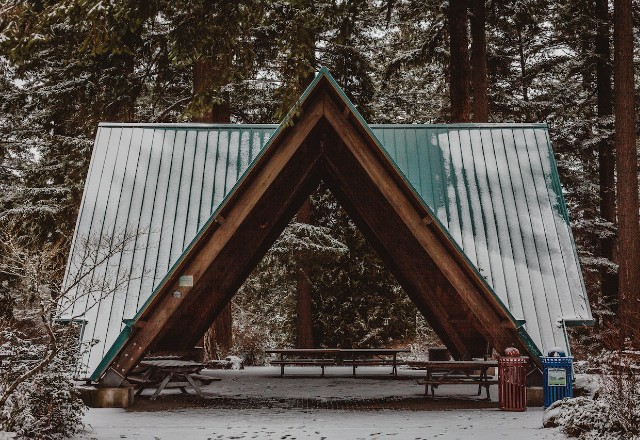



 509-201-4190
509-201-4190
